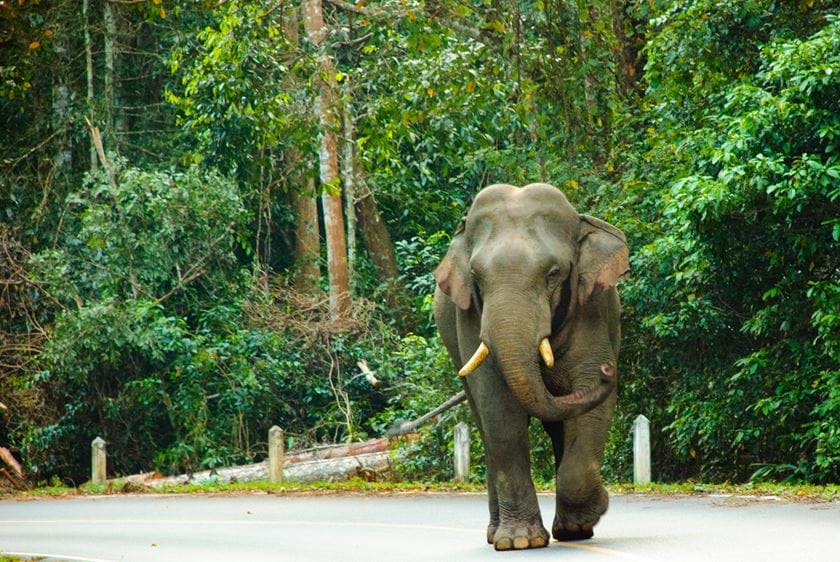Conserving nature – there’s something we can all do!
World Nature Conservation Day acknowledges the growing need to conserve natural resources and secure ecosystems that play a vital role in maintaining the health of our planet and preserving the environment for future generations.
The continuous exploitation of resources for economic growth has led to unusual weather patterns, destruction of wildlife habitats, extinction of species, and loss of biodiversity.
With the ongoing degradation of natural habitats and loss of biodiversity, protecting key landscapes and finding better ways for humans and wildlife to live alongside each other is our only option. Biodiversity is vital for a flourishing natural world, as well as supporting economies, livelihoods, food security, and the health of humans.
One of the ways the British Asian Trust is working to conserve nature is through our work in South Asia.
Asia’s last remaining great forests are amongst the most biodiverse in the world, home to orangutans, giant hornbills, tigers and Asiatic elephants. The region is also home to the world’s most dense human populations which can lead to loss of natural spaces for wildlife.
In particular, Asia’s elephants are a flagship species for coexistence. Eighty per cent of their range is outside protected areas, shared with people living at very high densities of over 400 people/km2.
They require large quantities of food and water and compete with people for the same resources.
Yet they are tolerated, and there is a continuous negotiation in the shared space. This willingness is the key to a sustainable relationship.
Our works focuses on both the sharing and sparing of space between people and wildlife. We work with on the ground conservationists, forest officials, governments and local communities to secure and reconnect protected areas as well as to improve the living conditions for all species, outside of these spaces.
Our projects have the added benefit of providing livelihoods to the rural poor, increasing carbon sinks and reducing air pollution across South Asia.
In the Western Ghats, we are working to increase protection of forests and wildlife working with government and collaborating with communities that have lived in and around the forests for generations.
This will help stabilise populations of endangered wildlife, enable human-wildlife coexistence and improve livelihoods for indigenous and local communities.
In Northeast India our work is reconnecting fragmented forests, home to elephants and rhino populations, and supporting local communities.
And in Myanmar, supported by the UK government, our work is mitigating human-elephant conflict across five regions through installing seasonal electric fencing to protect farmers’ crops - while still allowing elephants to migrate, and promoting large-scale education and outreach programmes.
We recently convened a CoExistence Advisory Group consisting of expert conservationists and specialists in their fields to guide us on a multi-million CoExistence Fund supporting conservation work in Northeast India and the Western Ghats. Both areas are recognised as global biodiversity hotspots with several challenges as well as opportunities in relation to human-wildlife coexistence, which is key to our conservation work.
And we’ve also recently secured a half million-pound grant from the UK Government’s Darwin Initiative to address human-elephant conflict in India’s Northeast region, part of the Indo-Burma biodiversity hotspot, and home to over 20%1 of Asia’s wild elephants.
What can you do to support conservation?
We can’t all run conservation programmes and making a difference can sometimes feel overwhelming, but you can have an impact just by starting with small steps.
Make it a habit to adopt more sustainable choices and conserve resources in your own home. Things like consuming less water and energy, segregating waste and recycling to keep plastic waste out of our oceans, and cutting down on commuting or using public transport can all help conservation efforts. Volunteering, shopping wisely, planting trees, cutting down your waste are all simple steps we can all make.
You can further educate yourself and do your research from reliable resources – following our work by subscribing to our newsletter is good starting point!
Share your support for conservation in person and online for others to act – follow our work on Instagram @thebritishasiantrust.
You can also make a donation so we can continue to conserve nature across South Asia.

